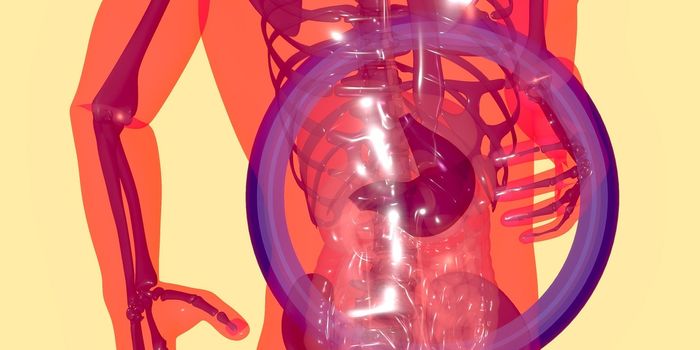Stress hormones interrupt tumor cells' hibernation
A new study published in Science Translational Medicine suggests that the hormones released from stress could “reawaken” dormant cancer cells from their hibernation. The finding provides insight on one mechanism that contributes to why cancer returns after patients are in recession.
Why cancers return is a question that plagues both physicians and patients alike. The recurrence of tumors is considered one of the most significant causes of death in cancer patients, though scientists still don’t fully understand the mechanisms that trigger a recurrence.
The study was conducted in mice models and used data from 80 patients with lung cancer. Led by Michela Perego and colleagues, the team of researchers looked at how mice in stressful situations release increased levels of stress hormones like norepinephrine. This in turn triggers immune cells called neutrophils to release S100A8/A9 proteins and fatty molecules that ultimately resulted in lung and ovarian tumor cells to emerge from their long sleep.
This discovery opens up a new pathway for drug development and extended cancer treatment. If a drug can target and inhibit certain stress hormones, it may be able to keep tumor cells in a dormant state.
Beta-blockers are a class of drugs known for their properties of targeting stress hormones. To try out this idea, the researchers gave stressed mice an experimental beta-blocker and showed that their tumor cells stayed dormant. They observed similar results in humans with lung cancer, showing that patients with higher concentrations of S100A8/A9 were more likely to have experienced recurrence 33 months after surgery.

Perego’s team says that their research provides evidence that beta-blockers or similar drugs that target S100A8/A9 proteins should be analyzed to see if they could serve as potential therapies to prevent a recurrence.
Sources: Science Translational Medicine, Eureka Alert








